Chicago retailers and e-commerce sellers routinely see spikes around Black Friday, and electric toothbrush Black Friday deals often drive both consumer interest and B2B sales volumes. In Chicago’s mixed market—big-box stores, local chains, and dense urban customers—promotions can lift trial, clear inventory, and build refill subscriptions. Therefore, brands must align product specs, pricing, and OEM production plans well ahead of the season to capture this demand.
First, map Chicago’s channels. Downtown and suburban shoppers differ: downtown buyers favor compact, quiet brushes for apartments, while suburbs favor family bundles. Moreover, big retailers run doorbuster promotions; meanwhile specialty retailers focus on demo units and staff recommendations. Consequently, your promotional SKUs should match channel needs—entry-level discounted handles for mass channels and premium bundled kits for specialty stores.
Next, coordinate with your OEM months earlier. Negotiate a modular platform so you can produce a discounted baseline SKU without sacrificing the higher-margin premium version. For example, reuse the same motor and PCB while changing shells and bundle contents. Also plan promotional packaging that reduces fulfillment time—for instance, pre-packed starter kits that retail can place directly on shelves. As a result, you cut costs and speed time-to-shelf during the Black Friday rush.
Company web:http://powsmart.com
Then, forecast realistically. Black Friday creates a short, steep surge; therefore, calculate incremental demand (baseline × expected uplift) and add safety stock for returns and defects. Discuss Minimum Order Quantities (MOQs) with your factory and negotiate split deliveries. Also confirm the OEM’s surge capacity—can they add extra shifts or reserve line time? If not, consider multiple suppliers or warehousing imported stock near Chicago to avoid stockouts.
Moreover, maximize long-term value rather than one-time sell-through. Use doorbuster loss-leader items to attract traffic, but protect profitable SKUs with modest discounts and added value (extra heads, travel case, or extended warranty). For B2B sales, offer tiered pricing: larger buyers get deeper discounts but commit to reorders. This keeps channel partners motivated while preventing brand-damaging perpetual discounting.
However, high volume exposes quality gaps. Therefore, insist on strict QC checkpoints before ramping production: motor life tests, bristle pull strength, ingress protection, and battery safety reports. Require pre-shipment AQL and production lot traceability from your OEM. Also ensure packaging and UPCs are retail-ready to avoid delays at Chicago distribution centers. In short, quality safeguards prevent costly recalls during peak sales windows.
Finally, plan the post-sale journey. Black Friday often brings new users; consequently, convert them to repeat buyers with refill head subscriptions, easy warranty claims, and clear replacement guidance. Coordinate with your OEM to supply refill SKUs and to set up quick-restock channels into Chicago-area fulfillment centers. Moreover, use pop-up demo events or local influencer tie-ins in Chicago to sustain momentum after the sale weekend.
In summary, electric toothbrush Black Friday deals can significantly boost B2B sales in Chicago, but only when brands synchronize marketing, pricing, and manufacturing. Therefore, start planning with your OEM early: design modular product families, secure surge capacity, enforce rigorous QC, and create post-sale refill paths. By doing so, you not only capture the holiday spike but also convert first-time buyers into loyal customers throughout the year.
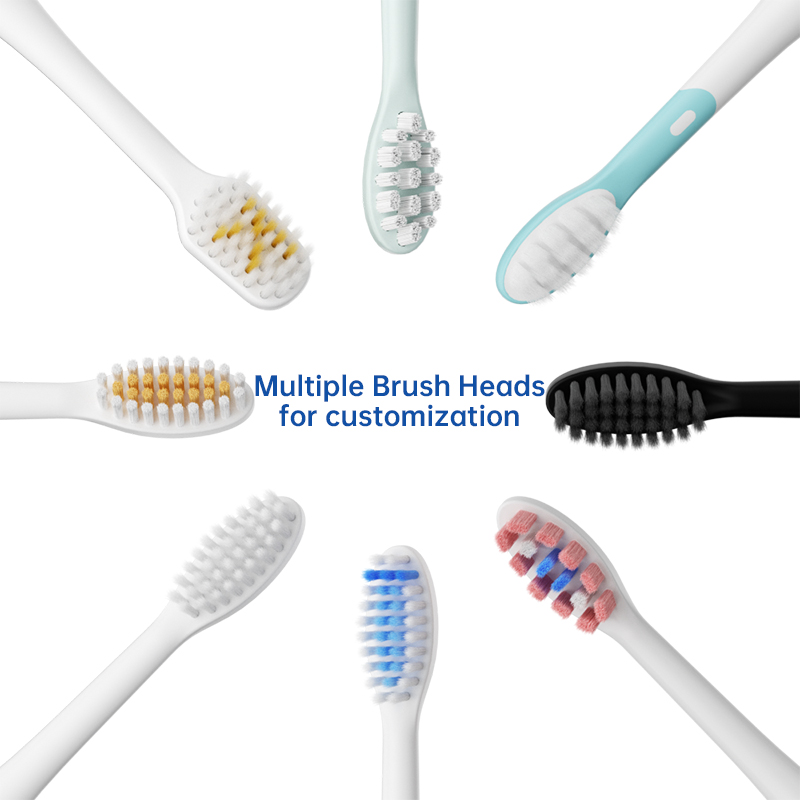
.jpg)
Toothbrush Export Documentation for Global OEM Shipments
.jpg)
Downtown Chicago Electric Toothbrush Repair Services
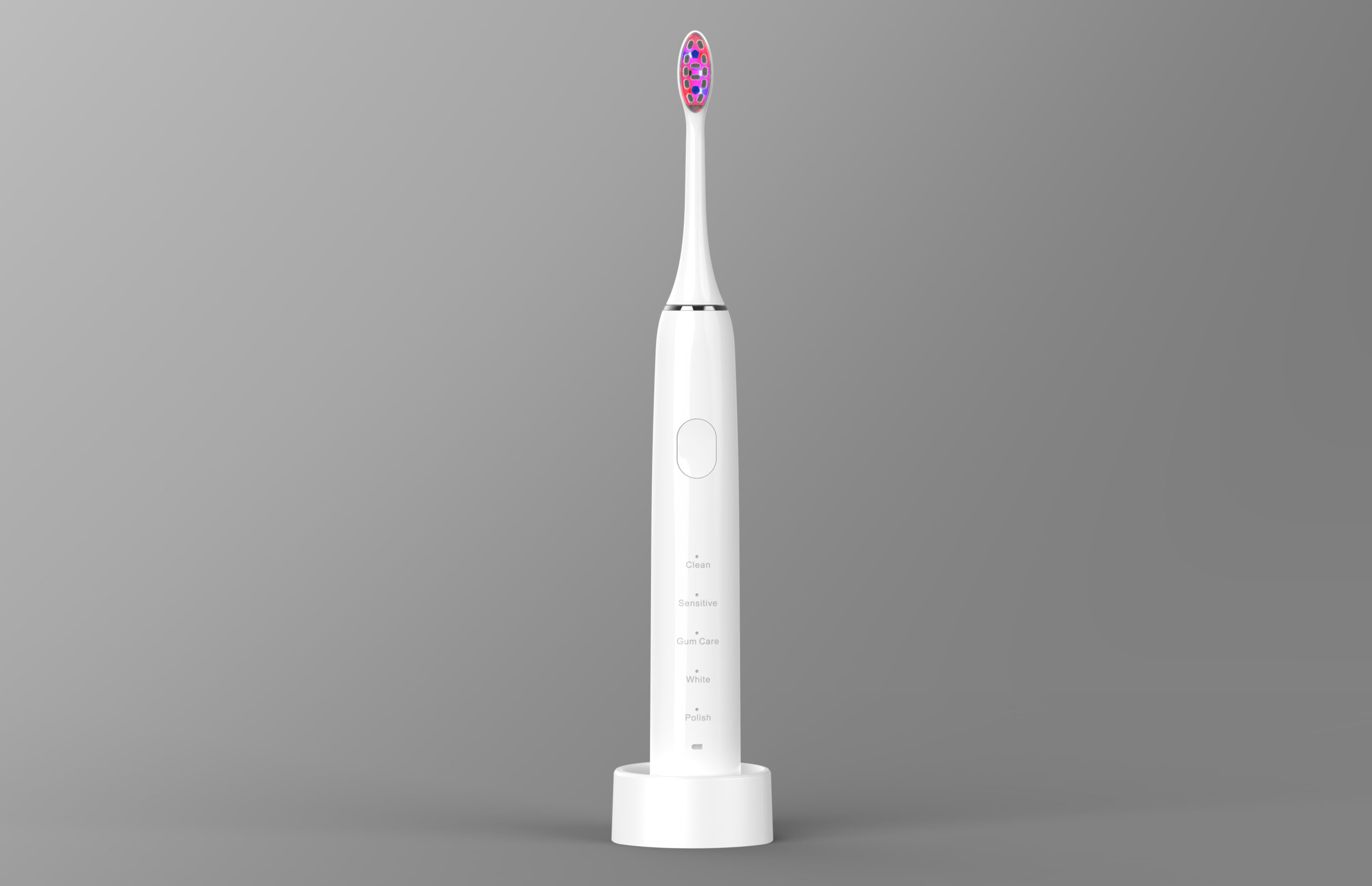
How Can Intuitive Touch Interface Design Incorporate a Reliable Child Lock Function?

How Does Integrated UV Sanitization Affect the Cartridge Replacement Cycle for Flossers?
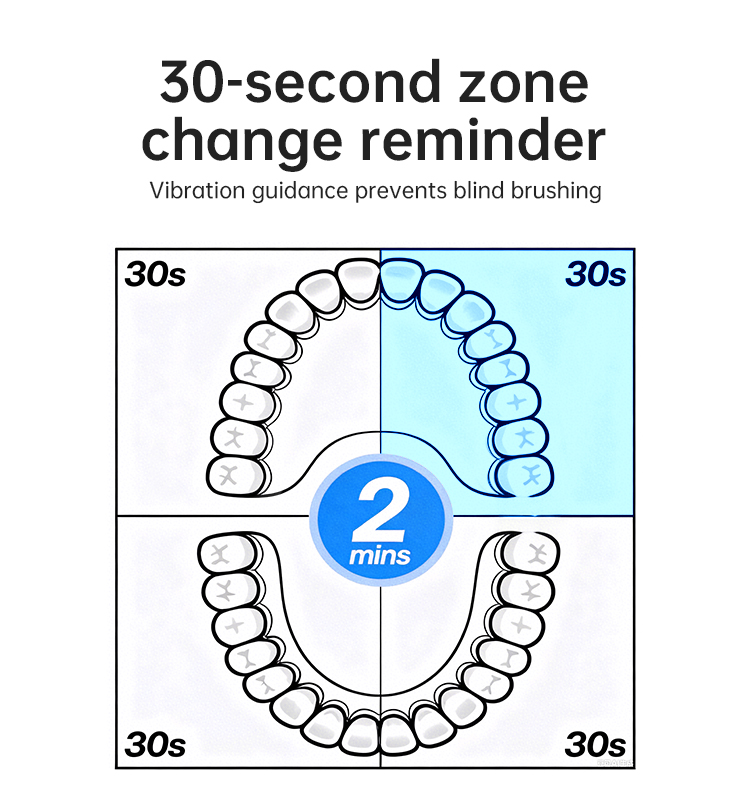
Is a High-Pressure Water Pump Effective Without a Robust Leak-Proof Valve?
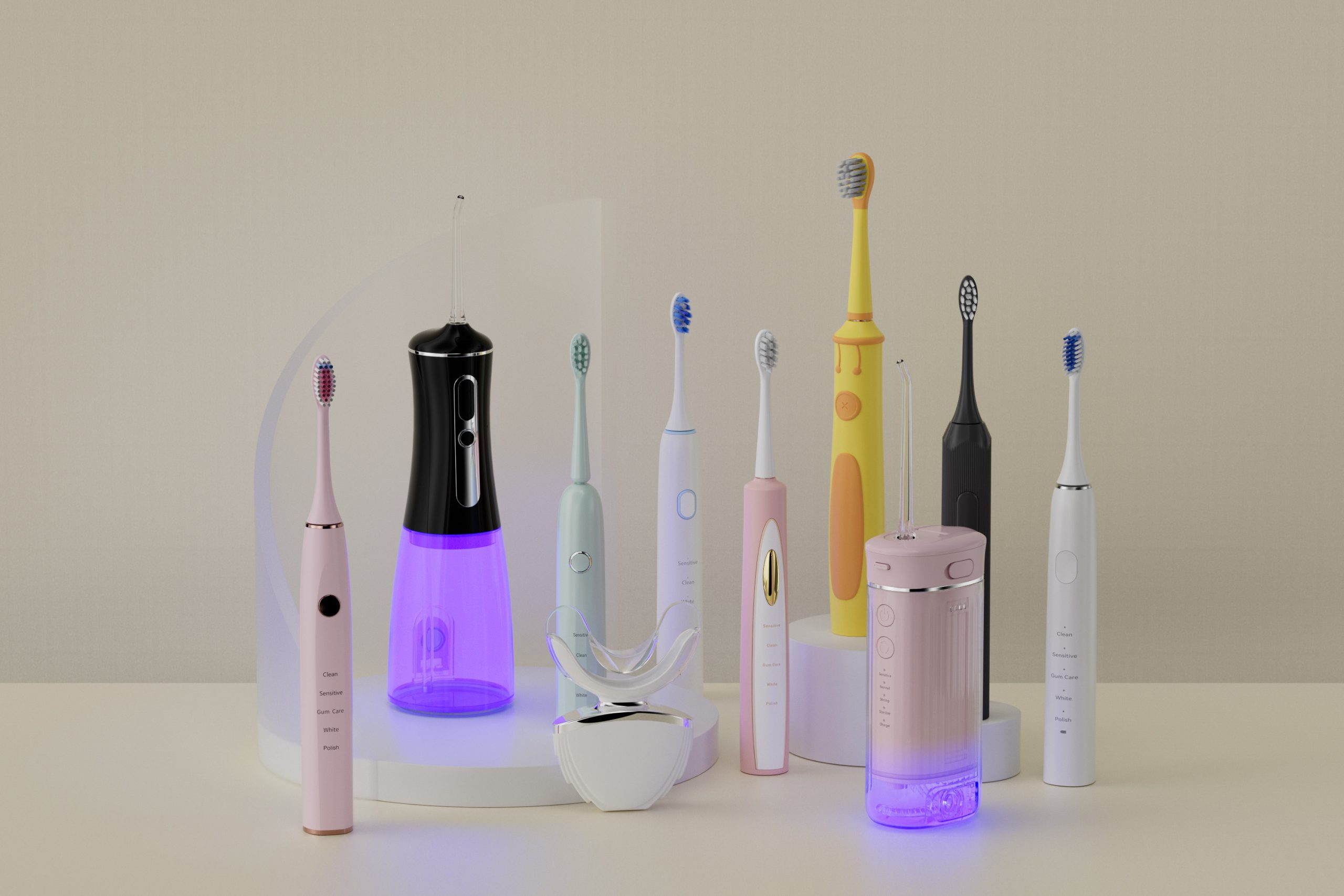
Why choose a Chicago kids toothbrush for your Chicago family toothbrush setup?
.jpg)
Electric Toothbrush Sample Lead Time for OEM Projects

Can Jet Stream Collimation Help Achieve a Higher CIE Whiteness Index in Cleaning Systems?
.jpg)
Chicago dental toothbrush broken? Fast Chicago downtown repair options
.jpg)
Where to Repair Electric Toothbrushes in Downtown Chicago?
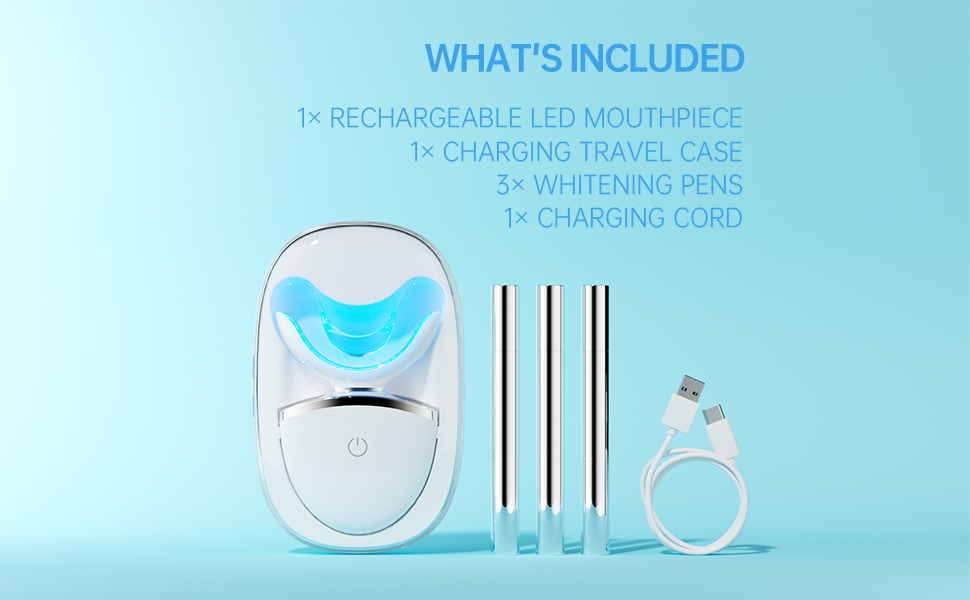
Innovating a Whitening Gel Formula for Your Cosmetic Product Development
.jpg)
Why Is an Auto Shutdown Feature Essential for Battery Powered Oral Care Devices?
.jpg)
Electric Toothbrush Packaging Compliance for Global Markets
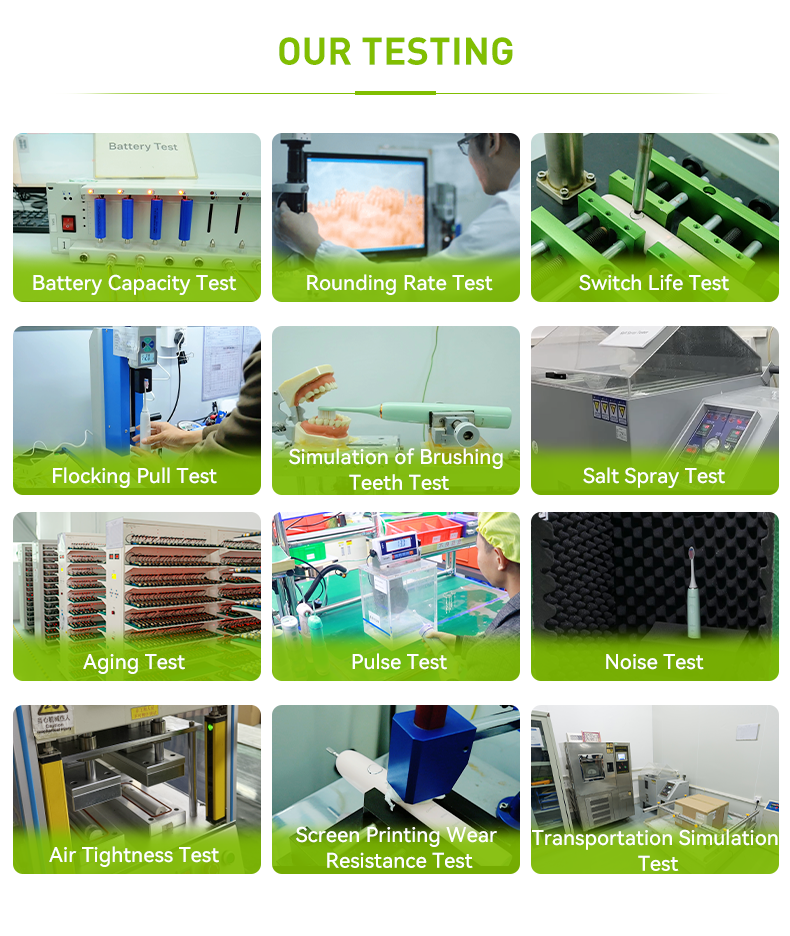
Does the Efficiency of a Motor Controller IC Directly Impact Battery Life Optimization?
.jpg)
How Does a Toothbrush with Timer Elevate a Smart Oral Care Device?
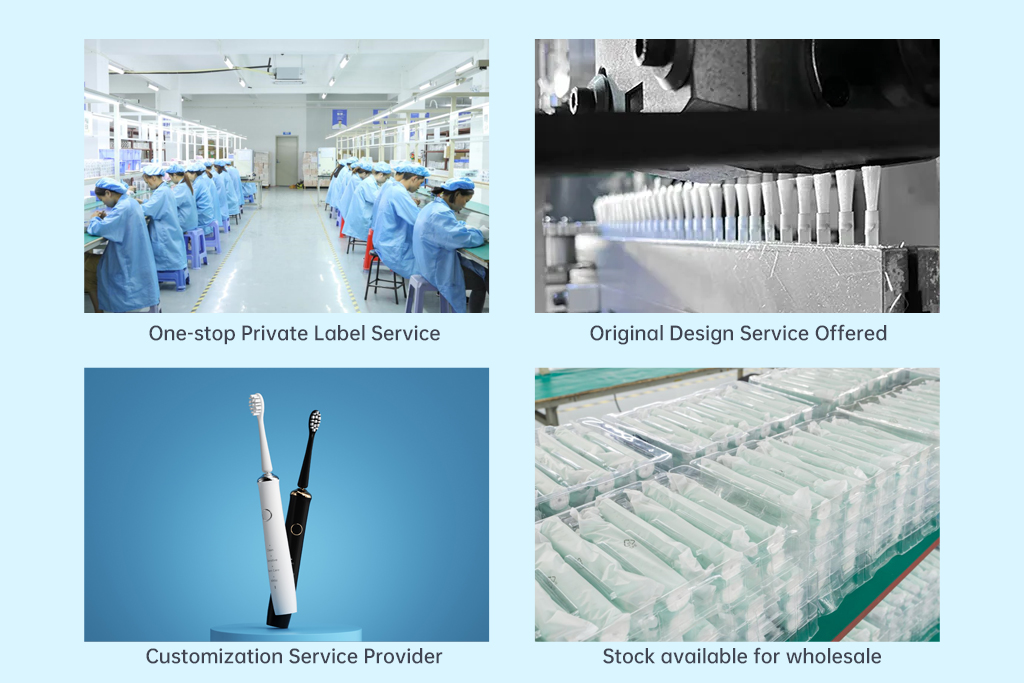
Chicago ADA toothbrush or Chicago clinic toothbrush — which to buy?